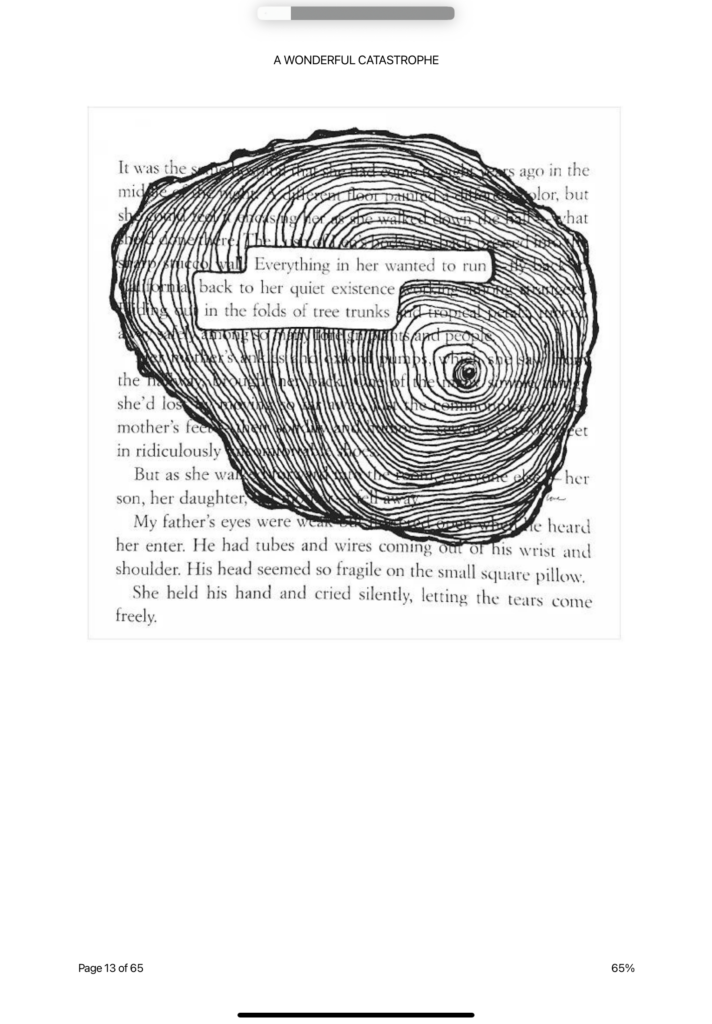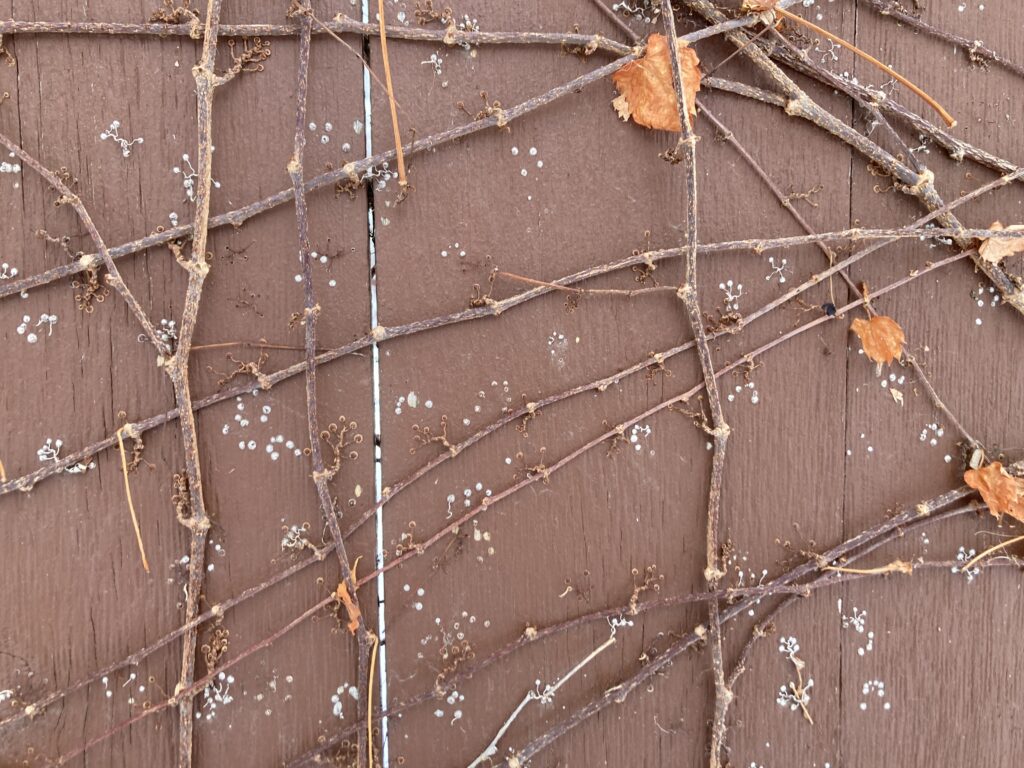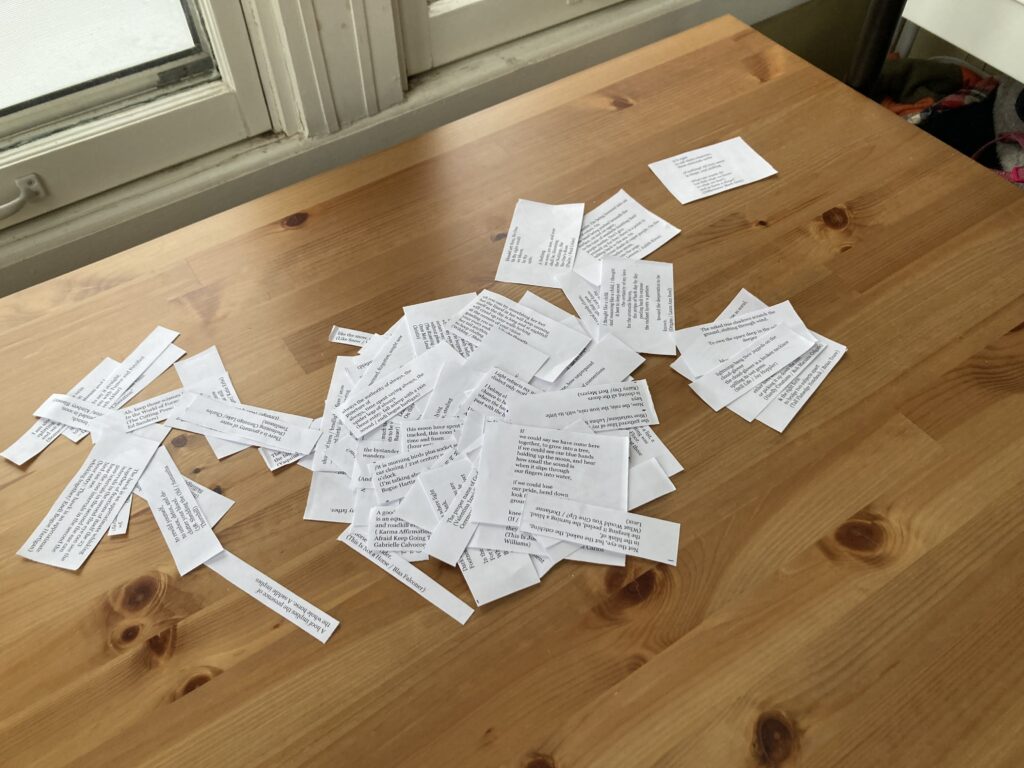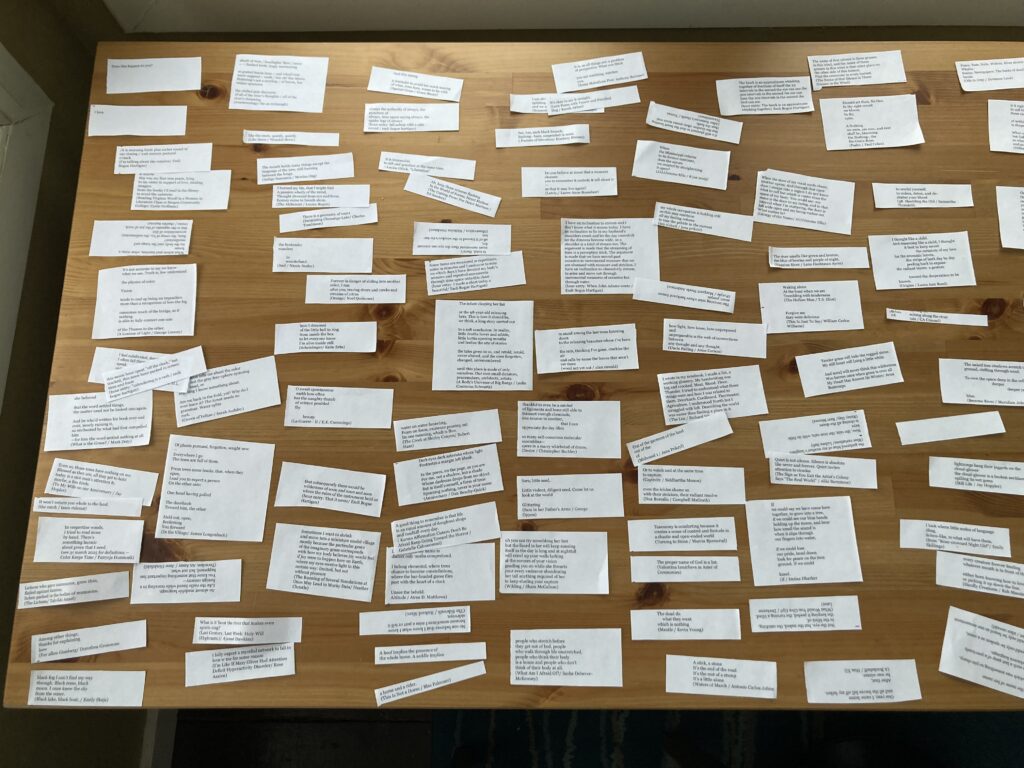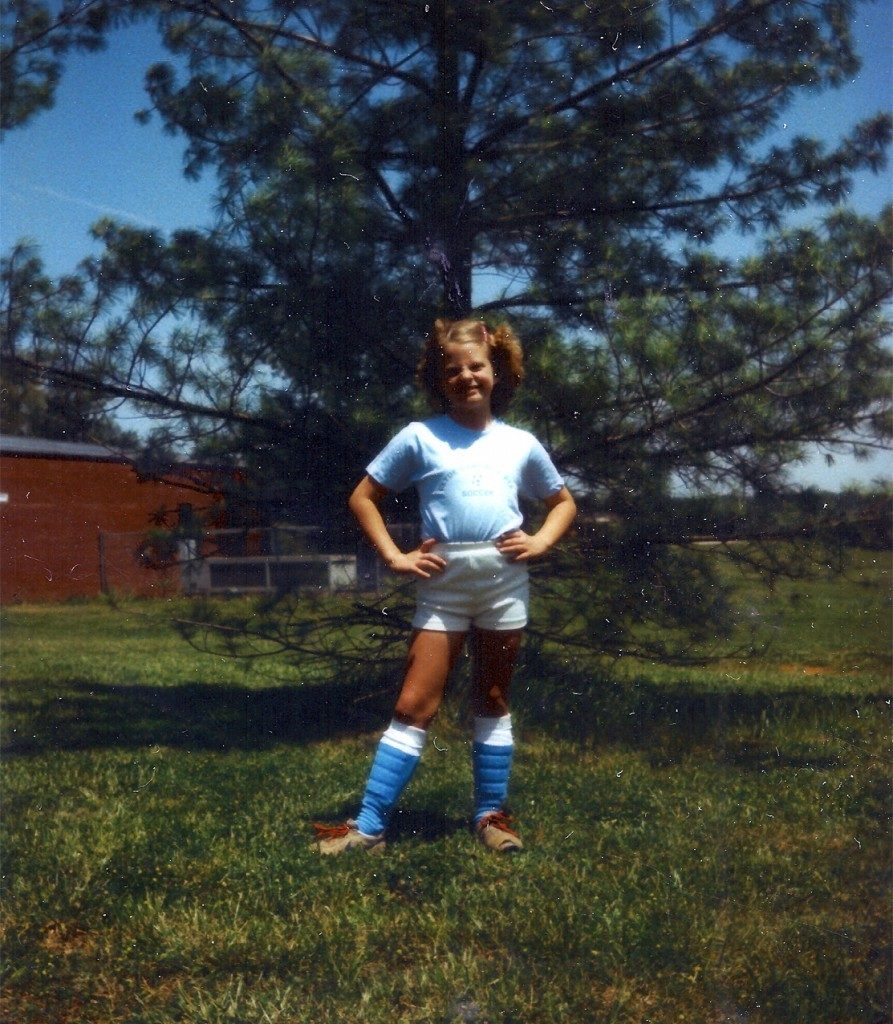4.5 miles
minnehaha falls and back
22 degrees / light snow
100% snow-covered
Today I ran outside. I decided that even though it is true I can’t always effectively assess the situation because of my vision, it is also true that it is unlikely I will encounter any incidents beside the river. And it was true, and I was fine. That doesn’t mean ICE isn’t around. Just before I went out running, a black SUV drove down the cross street with 7 or 8 cars following and HONKING their horns.
I also went out because I’m finally, after a week of a low-grade cold, starting to feel better. Hooray! The river was so beautiful — open and covered in snow — and it felt so good to be moving outside. It’s much easier to be running outside by the river, than downstairs in a dark basement.
There were a few people on the trail, mostly walkers, a biker, at least one other runner.
10 Things Heard
- kids playing on the Dowling Elementary and Minnehaha Academy playgrounds — screaming, laughing, having fun
- the falls barely falling over the ledge because the creek was frozen
- sirens
- the train bells as the light rail train passed through the station
- hammering and pounding coming from the construction site at a house on Lena Smith Boulevard
- honking geese
- from my favorite viewing spot at the falls: voices below or across the gap
- more voices below, somewhere on the winchell trail — some adults and kids
- the soft sizzle of snow flakes hitting my jacket
- an electric singing as it slowly travelled past on the road
Not too long after I got back from my run, Scott and I went to Costco to stock up on stuff before Friday’s strike of no work / no shop / no school. It was surprisingly normal in the store. Later, on the freeway, driving home, we passed by the Whipple Building and thought about all the people suffering in there right now. From the outside, just a tall building with lots of windows, a place that I have never noticed before, only seeing it as another generic office building. And inside, it’s filled with terror and hate and injustice and a bunch of under-trained goons.
Get Out Ice
This morning, hours before my run, I gathered together statements from local businesses, announcing their intent to be closed on Friday in solidarity with the no work / no shop / no class strike. I pulled out some words and phrases which are starting to take shape. Then I went running and talked with RJP and had to go shopping. so I haven’t returned to them yet.
While I continue to work on this poem, here’s a bit from one of the restaurants, Nicos Tacos:
On this day we are choosing to stand with our community, to stand for dignity and for humanity. No one should live in fear for simply seeking a better life. Strong communities are built when immigrants feel safe, seen, and supported. Let Nico’s be a home to all, and a reminder that we all belong here.
Nicos Taco Bar
And, here’s a running list of the businesses participating. As of 5:00 pm today, there are 382 businesses on it!
